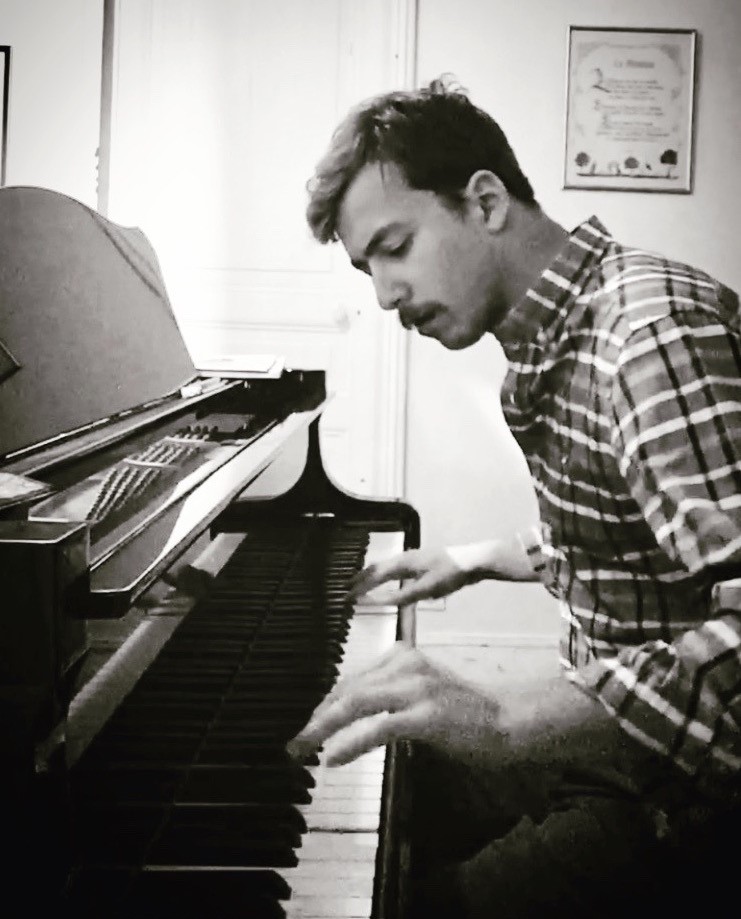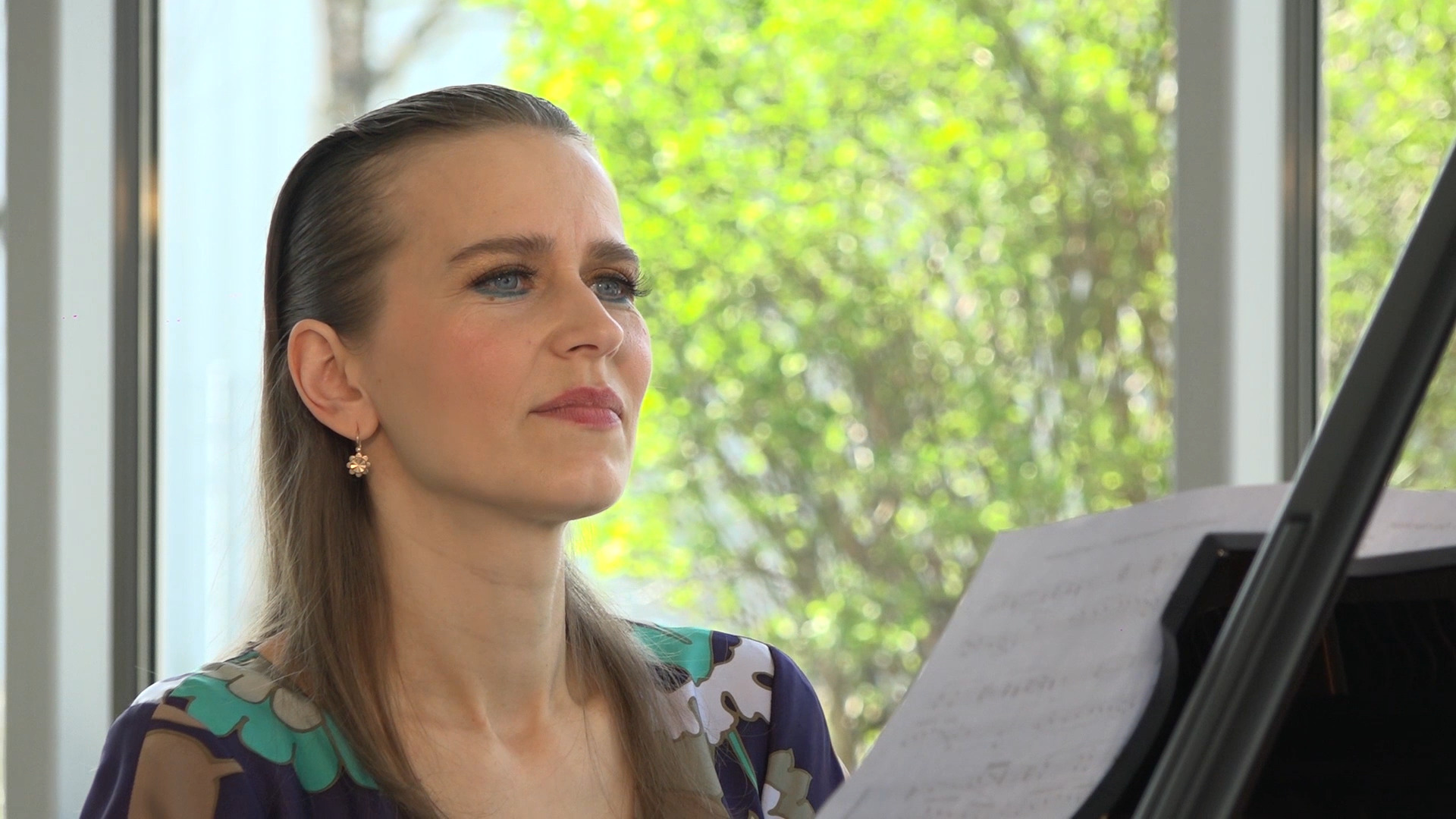About
Jean-Paul Marie Irénée Carlos Elias HAKIM was born in Bayonne (France), 28 July, 1994. He studied piano with his parents Naji Hakim and Marie-Bernadette Dufourcet-Hakim and at the Conservatoire à Rayonnement Régional de Rueil-Malmaison. He graduated in piano at the Associated Board of the Royal Schools of Music (Grade 7).
He holds a Master's degree in French and Spanish law, giving a marked priority to maritime law.
Jean-Paul Hakim grew up in his parents’ piano and organ rooms and accompanied regularly his father Naji to the organ loft at La Trinité in Paris, where he joined him naturally at the console. Therefore music and particularly piano and organ became integral part of his daily life.
Jean-Paul improvises fluently in eclectic styles including classical, romantic, jazz, folkloric, popular, or a mixture of styles, with evident influences of his Spanish, Lebanese and French roots. His remarkable memory and melodic inventiveness thrive in a natural and colourful sense of harmony and instrumentation. He is also an inspired author for his songs. However, music remains his favourite means of expression.
Beyond improvisations, he composes pieces for piano, secular and liturgical songs, including commissions by the Benedictine Abbey of Belloc, France. He composed and played the music of the CD, Prières et Émois, accompanying the poems of his grand-father Subhy Hakim.

